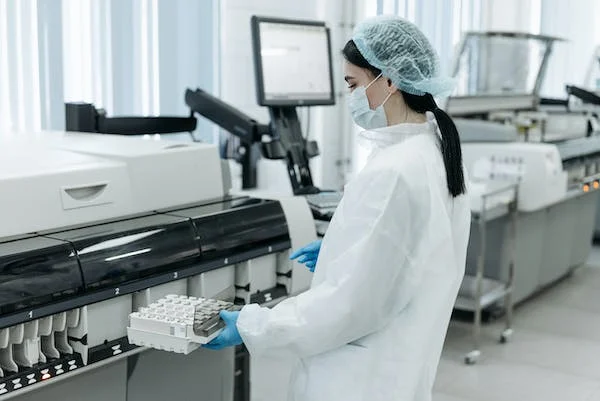Creating Life from Code: Understanding Synthetic Biology

About Course
Imagine programming living organisms the way you write computer code. Synthetic Biology is revolutionizing the world by blending biology with engineering, giving rise to a new era where cells can be custom-designed to perform specific functions. This course takes students on a journey into the dynamic world of synthetic biology, where DNA becomes the code for innovation. From reprogramming microbes to fight disease or clean the environment, to building biological machines for space missions, the possibilities are astounding—and real.
Students will explore the foundational concepts of natural and synthetic biology, learn about cutting-edge tools like CRISPR and gene circuits, and examine how these innovations are transforming industries from agriculture to defense. Through real-world examples and thought-provoking ethical discussions, this course fosters curiosity and critical thinking, preparing students to engage with one of the most transformative sciences of the 21st century.
Course Content
What is Synthetic Biology
Natural Biology
00:00What is Synthetic Biology
00:00Historical overview of Synthetic Biology
00:00